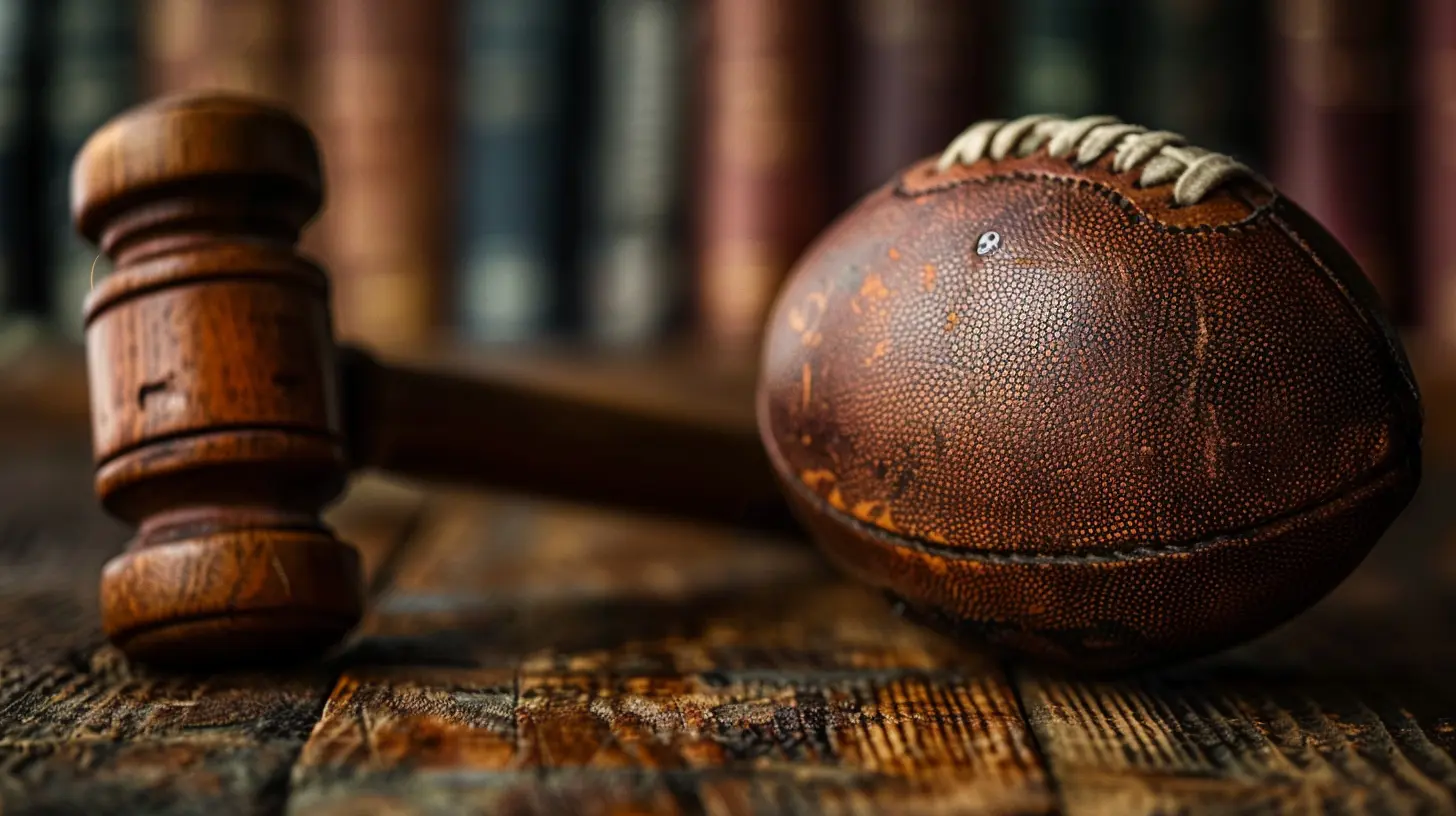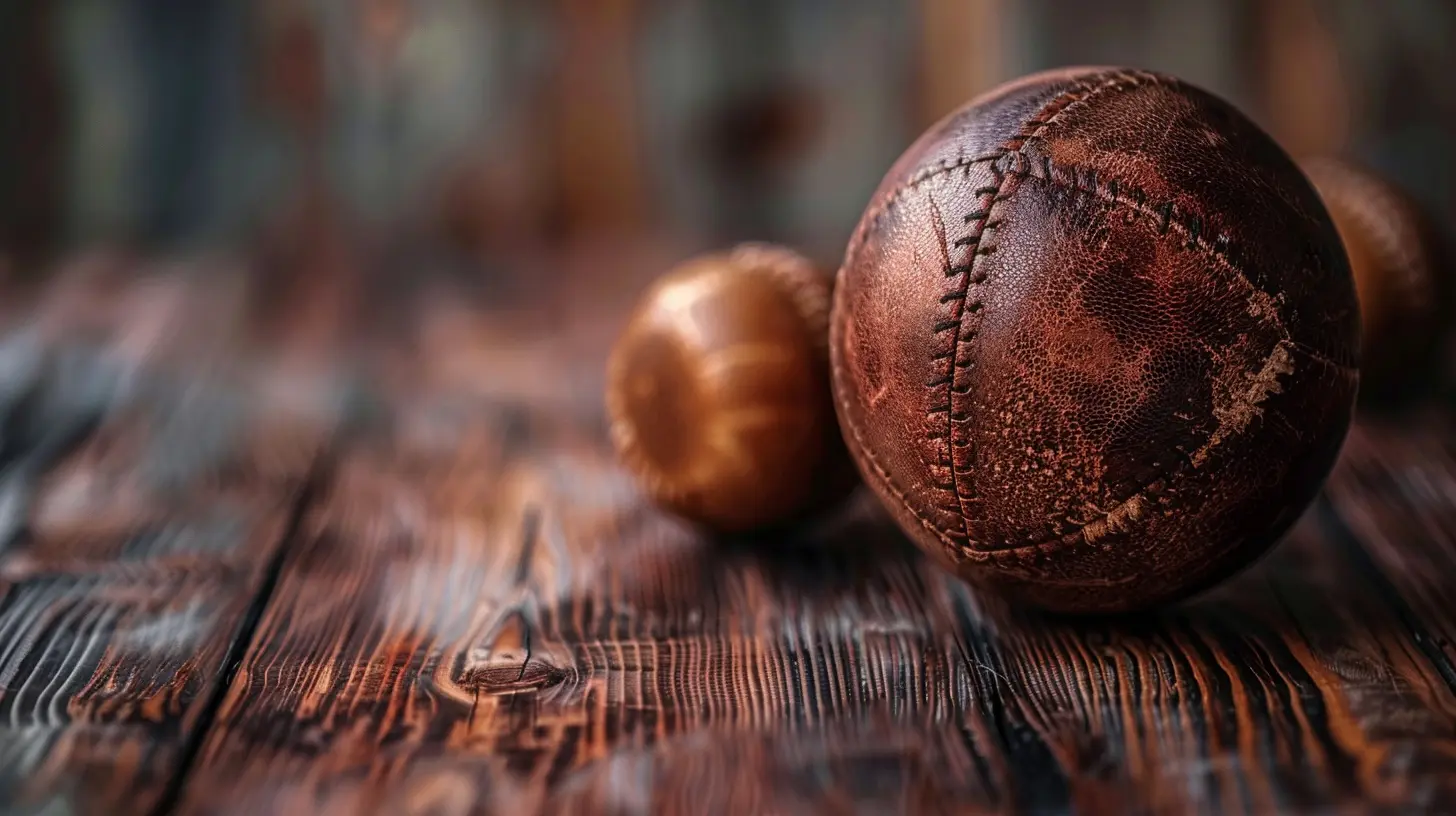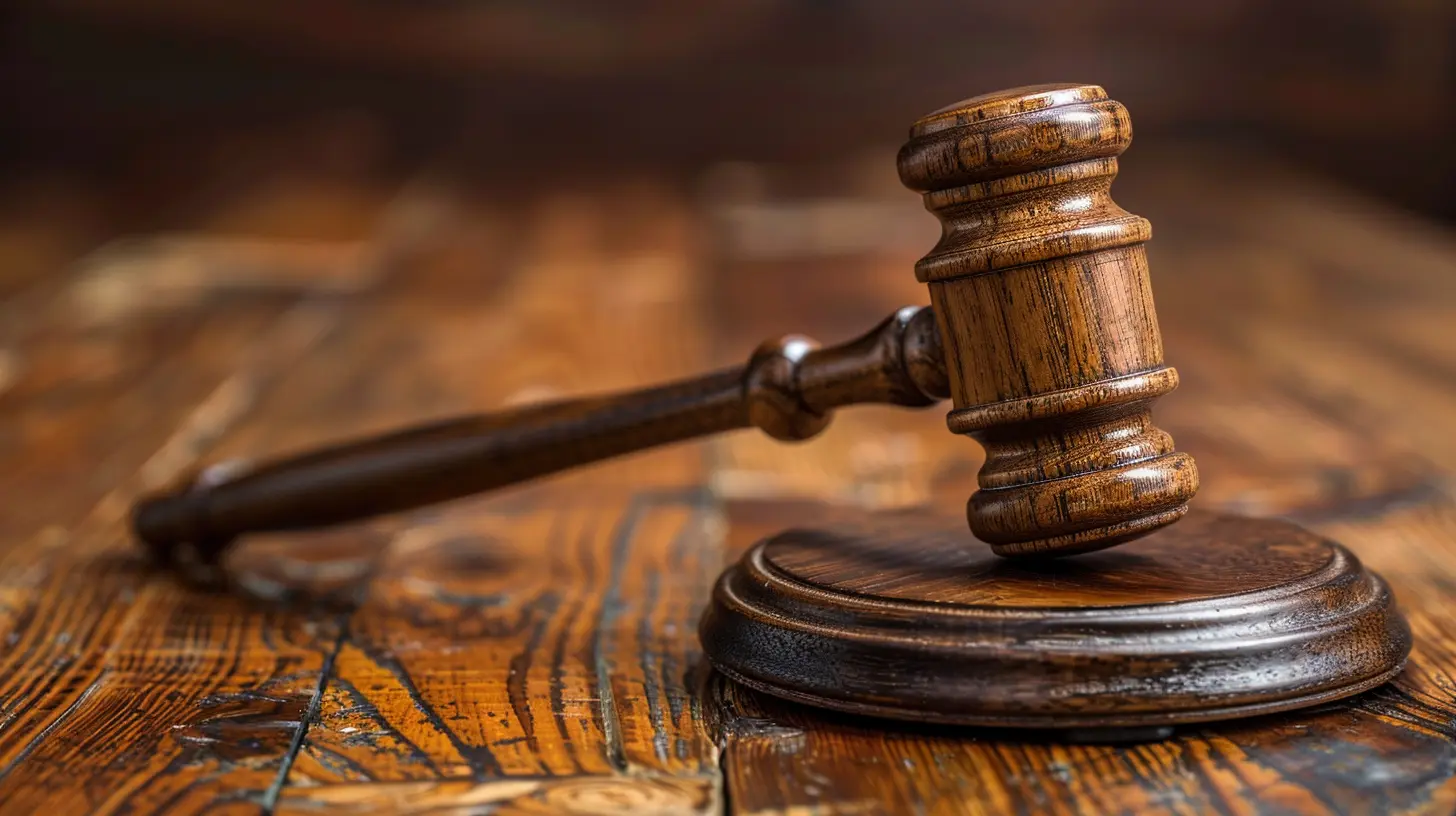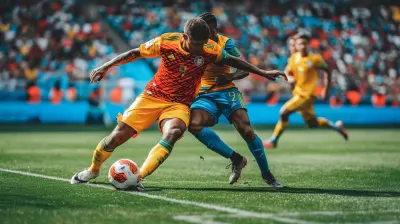The Role of Arbitration in Sports Contract Disputes
26 May 2025
Contracts are like relationships—when everything is going well, they’re just a piece of paper. But the moment things go south, that piece of paper becomes the only thing keeping the peace! In the world of sports, contract disputes happen more often than we'd like—just ask any team owner, player, or agent who's spent hours arguing over contract clauses.
But instead of taking these disputes to a public and messy courtroom battle, the sports world has a secret weapon: arbitration. This behind-the-scenes process helps resolve disputes swiftly, quietly, and (mostly) without drama. But how does it work? And why is it the go-to method for settling sports contract disputes? Well, suit up, because we’re about to break it all down!

What Is Arbitration, and Why Should You Care?
Arbitration is like the referee of contract disputes. It’s a process where an impartial third party (called an arbitrator) listens to both sides and makes a final decision. Think of it as Judge Judy for sports—except with fewer dramatic outbursts and no cameras.Athletes, teams, and leagues prefer arbitration over court battles for a few solid reasons:
- Faster resolutions – Legal battles can last longer than a baseball game in extra innings. Arbitration helps speed things up.
- Less drama – Nobody wants their dirty laundry aired in public (unless you're a reality TV star). Arbitration keeps things private.
- Expert decision-makers – Arbitrators usually have expertise in sports law, so they actually know what they’re talking about—unlike that one armchair lawyer in your fantasy league.
Now that you know why arbitration is a big deal, let’s dive into how it actually works.

How Arbitration Works in Sports
Arbitration isn’t a free-for-all. There are rules, processes, and steps that keep it fair. Here’s a quick rundown of how it plays out:1. The Contract Clause (AKA the Fine Print No One Reads)
Most major sports contracts have arbitration clauses built in from the start. This means that if a dispute arises, arbitration is the agreed-upon way to fix things—no lawsuits, no courtroom theatrics. It’s like pre-setting your GPS route before a road trip.2. Filing a Dispute (Time to Call the Lawyers)
If a disagreement pops up—like salary disputes, trade disagreements, or endorsement contract issues—the affected party files for arbitration. This is where things start heating up.3. Picking an Arbitrator (Choosing Your Ref)
Both sides usually agree on an arbitrator, someone with experience in sports law. Think of this as both teams agreeing on a neutral referee before the game starts. No one gets home-field advantage here.4. The Arbitration Hearing (The "Mini Trial")
Each side presents its case, much like a court trial but without the gavel banging. Arguments, evidence, and witness testimonies are heard, and the arbitrator carefully considers everything before making a decision.5. The Final Decision (No Take-Backs!)
Once the arbitrator makes a ruling, it’s legally binding. That’s right—no appeals, no second chances. This ain't a best-of-seven playoff series; it's one and done.
Notable Sports Arbitration Cases (Because Who Doesn’t Love Some Drama?)
Now, let's get to the juicy part—some real-life sports contract disputes that were settled through arbitration.MLB Salary Arbitration Wars
Major League Baseball has one of the most famous arbitration systems. Every year, players with a few years of experience but not enough to become free agents get to negotiate their salaries. If they can’t agree, an arbitrator steps in and picks one side’s offer. It's like going to a restaurant and letting the server choose between two meals for you—no middle ground, just one or the other!Tom Brady vs. The NFL (Deflategate Drama)
Who could forget Deflategate? Tom Brady and the New England Patriots were accused of using underinflated footballs during the AFC Championship game. The NFL suspended Brady, but he challenged it through arbitration. After a long battle, the suspension was upheld, proving that even GOATs (Greatest of All Time, for the uninitiated) can’t always come out on top in arbitration.Cristiano Ronaldo’s Sponsorship Dispute
Endorsement deals are another area where arbitration comes into play. Big-name athletes like Cristiano Ronaldo sign multi-million dollar sponsorships, but sometimes disagreements arise over how their image is used. Instead of dragging it into court, arbitration helps keep the sponsor-athlete relationship intact while swiftly resolving issues.
Advantages and Disadvantages of Arbitration in Sports
Like everything in life—pizza toppings, reality TV, and holiday family dinners—arbitration has its pros and cons.Pros:
✅ It’s Quick: No one wants to wait years to see a resolution. Arbitration speeds things up.✅ It’s Private: Keeps the unnecessary drama out of public view.
✅ Expertise Matters: Arbitrators understand sports contracts better than your average judge.
Cons:
❌ No Appeals: Once a decision is made, you’re stuck with it. No do-overs.❌ Costs Can Add Up: While cheaper than a lawsuit, hiring arbitrators and legal experts isn’t exactly pocket change.
❌ Bias Concerns: Some players argue that arbitrators tend to favor owners or leagues in their rulings.
Will Arbitration Always Be the Go-To Solution?
As long as sports exist, so will contract disputes. Arbitration has proven to be a mostly fair, efficient, and drama-free way to handle these issues. Sure, there will always be some controversy or debate (because what’s sports without a little controversy?), but arbitration is here to stay.So, the next time you hear about an athlete locked in a messy contract dispute, just remember—behind the scenes, a highly paid arbitrator is probably sipping coffee, looking over legal documents, and getting ready to make a game-changing decision. And just like in sports, sometimes you win, sometimes you lose, and sometimes you just have to move on to the next season.
all images in this post were generated using AI tools
Category:
Sports ContractsAuthor:

Ruben McCloud
Discussion
rate this article
3 comments
Katherine McLaurin
Arbitration in sports is like a referee with a gavel—keeping the peace while players throw metaphorical punches over contracts!" 🥊⚖️
June 13, 2025 at 3:09 AM

Ruben McCloud
Absolutely! Arbitration provides an essential framework for resolving disputes, much like a referee ensuring fair play in the game.
Greyson Kim
Arbitration offers a swift, effective resolution for sports contract disputes, ensuring fairness and preserving relationships.
May 28, 2025 at 3:15 AM

Ruben McCloud
Thank you for your insight! I agree that arbitration is crucial for maintaining fairness and fostering positive relationships in sports contract disputes.
Brooke Ramos
Arbitration is essential in resolving sports contract disputes efficiently and fairly. It protects the integrity of the sport, ensures swift resolutions, and maintains relationships between athletes and organizations. Embracing arbitration strengthens the framework of professional sports contracts.
May 26, 2025 at 3:07 AM

Ruben McCloud
Thank you for highlighting the vital role of arbitration in sports contract disputes. I completely agree that it not only ensures efficiency and fairness but also upholds the integrity of the sport and fosters positive relationships.



